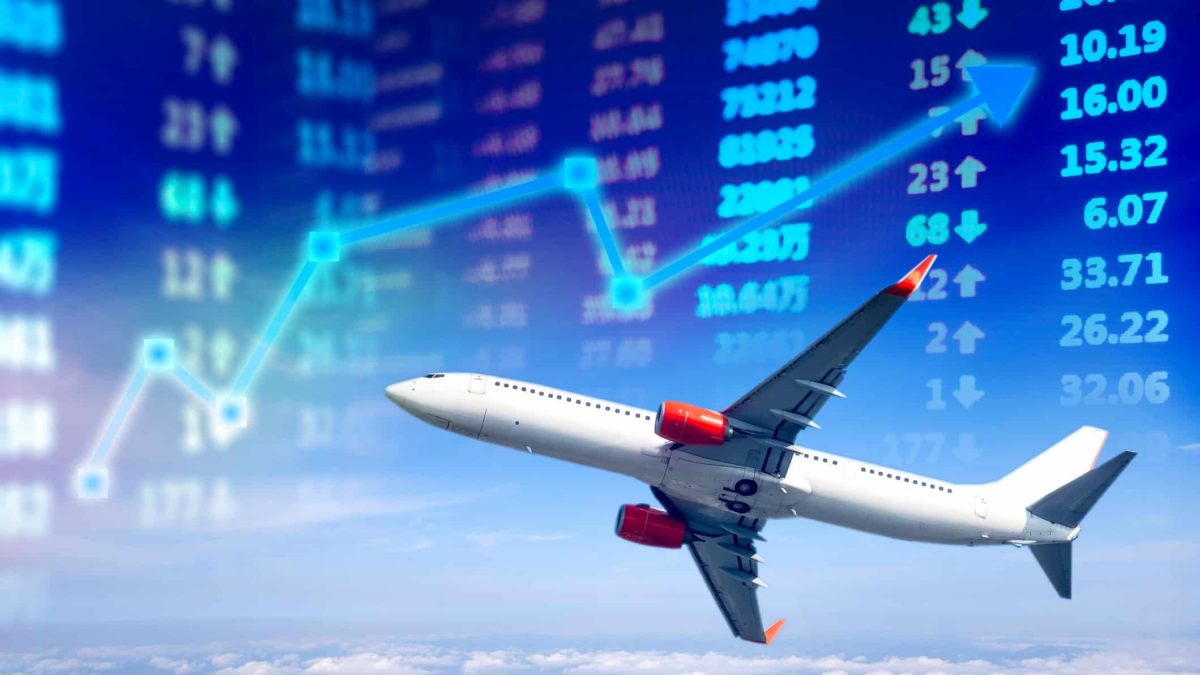The Webjet Limited (ASX: WEB) share price flew 7% higher in early trading in response to newly announced government stimulus.
What happened?
As reported by various media, including the ABC, the federal government is going to pay for half of the ticket price of around 800,000 to regional destinations to support airlines, airports, regional locations and employees.
The announcement is for flights between April to July, the 50% discount will be for places like the Gold Coast, Cairns, the Whitsundays, Uluru, Alice Springs, Launceston, Broome and Kangaroo Island.
There may be other regions or places that are supported in time, but that's the starting group.
The ABC reported that senior government ministers hope this new package will encourage cashed-up Australians, who normally travel to Bali or Europe during Autumn and Winter, to instead spend their money at home. One example of a flight from Melbourne to the Gold Coast could be as cheap as $60 and boost traffic on the route by as much as 40%.
Prime Minister Scott Morrison said:
This package will take more tourists to our hotels and cafes, taking tours and exploring our backyard. Our tourism businesses don't want to rely on government support forever.
There is also support for Virgin and Qantas Airways Limited (ASX: QAN) to keep around 8,600 jobs for staff involved in international travel so that they're ready to resume international services when borders reopen.
The ABC also reported that things like waivers for airport security charges, relief for air service Australia fees, subsidies for regional routes and international freight assistance have also been extended to September. Small and medium businesses that are still under financial pressure will be able to borrow up to $5 million over a 10-year period.
Webjet's recent progress
The Webjet share price has gone up 24% over the last month. It recently revealed its FY21 half-year result. It was pretty painful reading, with the total transaction value (TTV) dropping 89% to $267 million, revenue fell 90% to $22.6 million, expenses dropped 52% to $62.7 million and earnings before interest, tax, depreciation and amortisation (EBITDA) plunged 146% to a loss of $40.1 million.
The ASX travel share said that it had managed to reduce its monthly cash burn down to $4.8 million. But it had a closing cash balance of $283 million at the end of the period. Management said that the cash provides flexibility to withstand a delayed market recovery if it extends into the 2022 calendar year.
Webjet also said that its bank waivers extended through to 31 March 2022 and the remaining business to business debtor risk has now been mitigated.
But the company said that its online travel agency (OTA) business has already returned to profitability as domestic borders started to reopen. Webjet said that a large part of this was down to its highly variable cost base. Webjet's OTA revenue fell 85% to $11.4 million, expenses dropped 78% to $10.3 million and EBITDA dropped 96% to $1.1 million – but it at least it wasn't a negative number.
The WebBeds business is still facing difficulties, but Webjet said that initiatives are on track to deliver at least 20% greater cost efficiencies when at scale. It is focused on a transformation strategy designed for WebBeds to emerge as the number one global business to business player.
At the time of the results release, Webjet said that it believed that people will want to travel as soon as they are able to and it's doing everything to ensure that the ASX travel share is there to capture demand when it happens. It thinks demand for leisure travel remains high.









